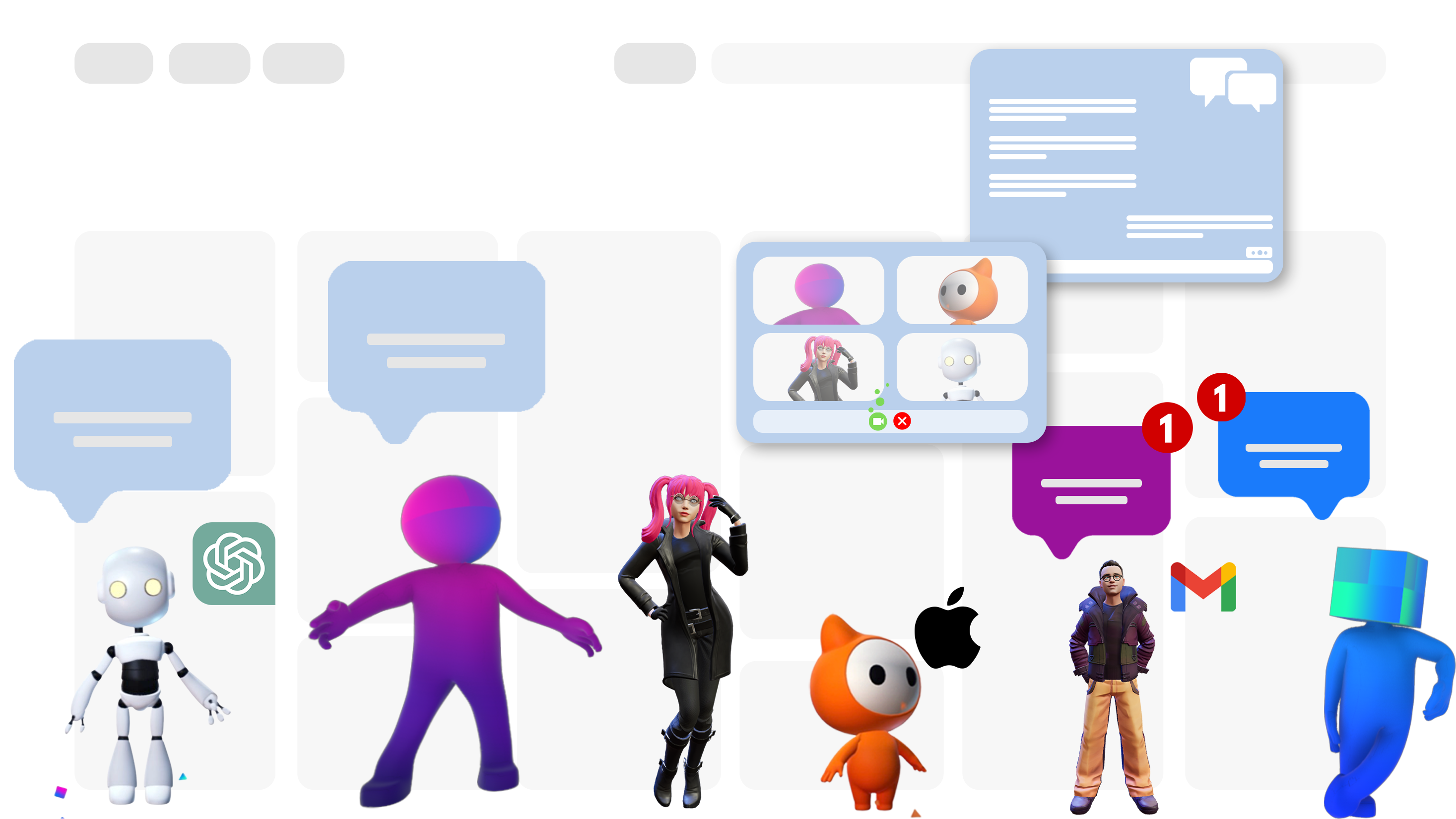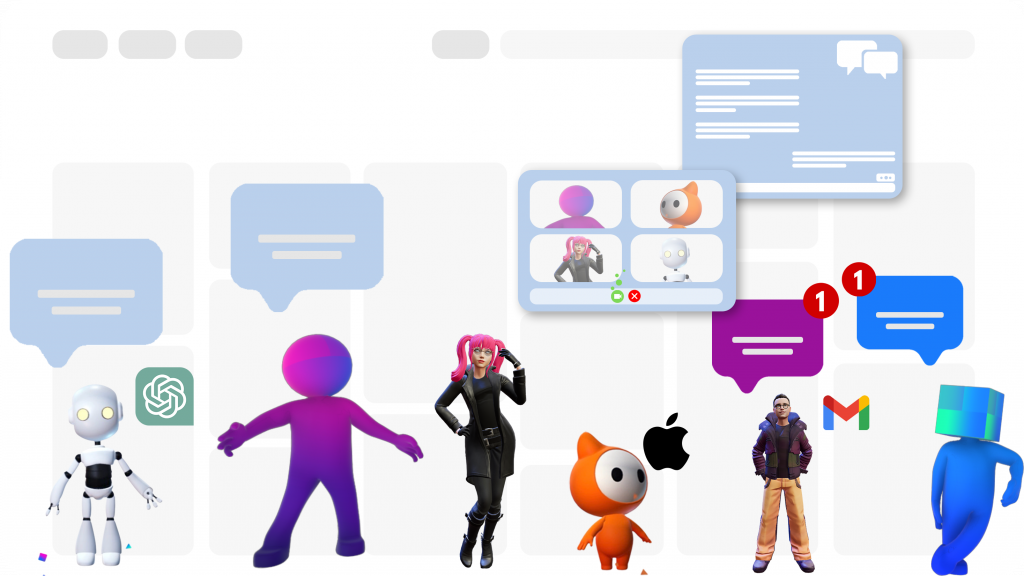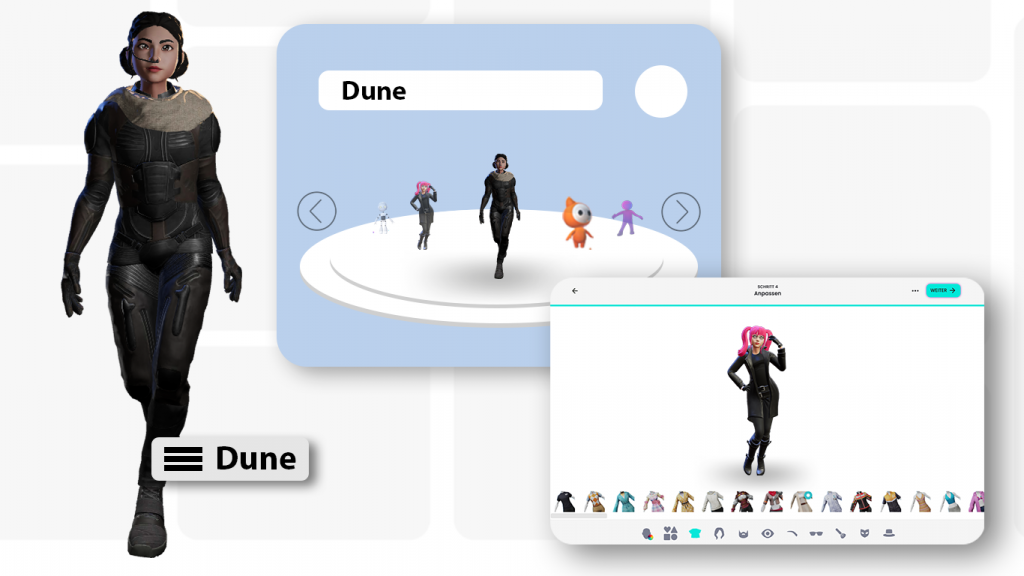Since Mark Zuckerberg launched Facebook, digital communities have gradually become mainstream. They are mainly found in social networks. These can be Facebook groups, although these are already losing relevance, broadcast channels of influencers on Instagram, LinkedIn groups, Reddit topics, Discord channels, etc. A digital community can also be found in game rooms, forums or in the comment functions of subpages.
Belonging is a driver and motivator for people
People smile after belonging. Belonging is not just a nice side effect, Maslow even included social belonging in his human needs pyramid. The feeling of belonging presents itself when you find yourself in a group with the same interests, opinions, values or other overlaps. This could be a soccer group that also meets regularly in the real world. Or a group in a Discord channel that is all enthusiastic about cosplay.
What is particularly interesting is that the deeper, the more niche the topic, the greater the sense of belonging. And not the more topics there are in the overlap. And this is precisely where digital communities are so strong, because they bring people together depending on the topic and not the location. When the internet and digital exchange did not reach the mainstream, people sometimes had to travel to another city or country to participate more or less regularly in a very niche, specialized community. And here, only physical exchange was really possible. This has changed dramatically with digital possibilities.
Digital exchange enables communities in niches
No matter how specific the topic is, if there are several people who share this topic, they can form a digital community. Regardless of where they are in the world. The digital possibilities bring them together. But how can these people find each other?
The easiest way is of course a Google search, hoping to find a social media channel that has a Discord channel or group linked to it.
Otherwise you can also search on Facebook, search on X, search on Reddit. Long story short: The more niche a community is, the more intensively I have to search in different places. And what is not guaranteed is the exchange. Direct discourse with the members. On an Instagram page, for example, this is only possible in the respective comment section. But is that a nice exchange like we are used to in the real world or lively Discord groups?
Discover a different and unique way to find your community

The easiest way for every digital community: Directly on the website
Digital communities are changing dramatically with weblin. Websites are becoming places where people can meet. A community can be formed directly on the website and you can exchange ideas with other users or even everyone like in a forum.
How does it work?
With weblin.io, users are displayed as an avatar on every website. They can also see the avatars of other users and interact with them in the form of chat or a video conference.
Read more: How weblin.io works
This brings websites to life. The special thing about it is that website visitors always have one thing in common: Interest in the topic of the website they are visiting. And that invites conversation, exchange and discourse. A digital community is created.
Find communities with weblin.io
weblin.io works with a very powerful algorithm to find communities for you: Google Search. Only in a figurative sense, of course, but not really. How does it work?
- Enter the topic or area of interest or niche in Google for which you want to find a community
- Google shows you pages according to relevance. This is already pre-filtered according to popularity, language, accuracy of fit, etc.
- These results are not only shown to you, but also to other users who are searching for the same areas of interest
- On the first page you see, you can browse with your avatar and meet people who match your interests. In other words, like-minded people.
What else should you know?





